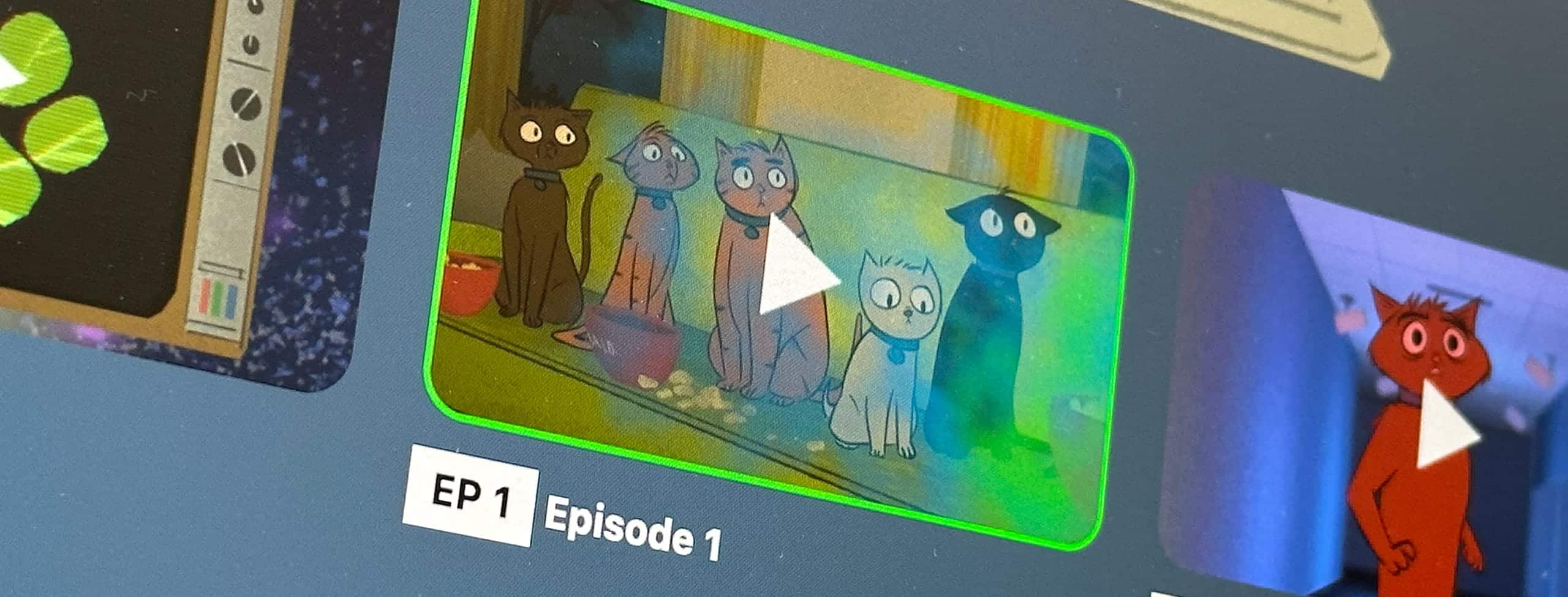SEC settlement with Stoner Cats may signal agency’s intent to assert its authority over unregistered securities in the NFT space
The SEC has announced it has brought and settled charges against Stoner Cats 2 LLC (SC2), the company behind Ethereum-based NFT project Stoner Cats – a generative collection of 10,420 illustrated cat themed NFTs that SC2 minted in July 2021 to fund its production of the eponymous animated web series. The project raised roughly $8 million and produced six episodes, featuring A-list celebrity talent, that can only be viewed by owning a Stoner Cats NFT.
In its September 13 cease-and-desist order, SEC alleged that the initial sale of Stoner Cats NFTs was an unregistered offering of “crypto asset securities” in violation of Sections 5(a) and 5(c) of the Securities Act of 1933. To reach that conclusion, SEC applied the Supreme Court’s Howey test, determining that Stoner Cats NFTs constituted “investment contracts.” In simple terms, an “investment contract” under Howey requires an investment of money in a common enterprise, where buyers have a reasonable expectation of profit derived from the efforts of others.
Though SEC has often applied Howey to virtual currencies and token sales, this is only the second time the agency has applied it to NFTs. An earlier case last month charged a Los Angeles-based company, Impact Theory, with Section 5 violations for its unregistered sale of NFTs called Founders Keys. Compared to that case, the enforcement action against Stoner Cats targets a far more generic pattern of conduct that may signal SEC’s intent to aggressively assert its regulatory authority in the NFT space.
The allegations
In particular, the order alleges that SC2 told buyers their NFT purchase would fund development of the animated series through the efforts and industry connections of SC2’s founders. NFT holders were further promised exclusive access to the series and any future Stoner Cats-based content, an exclusive community of Stoner Cats NFT holders, and a decentralized autonomous organization (DAO) that could provide creative input on any future animated projects.
Ahead of the NFT sale, SC2 launched a social media marketing campaign promoting these benefits and advertising the sterling industry credentials of the SC2 team in charge of producing the series. SEC asserts these representations “led investors to expect profits from [SC2’s] entrepreneurial and managerial efforts because a successful web series could cause the resale value of the Stoner Cats NFTs to rise in the secondary market.” The factual support for this assertion, however, is relatively light in the order.
For example, SEC faults Stoner Cats for analogizing its NFTs to transferrable tickets. SC2 allegedly told holders that if they do not care for the web series, they “can take that ticket and sell it.” According to the order, SC2 stated, “[T]he more successful the show, the more successful your NFT” will be. To be sure, SEC has not previously treated event ticket sales as unregistered offerings.
SEC also cites three of the SC2’s tweets from August and September 2021. These included a meme encouraging followers to buy Stoner Cats NFTs while the price of ETH was down, a tweet highlighting three record sales of rare Stoner Cats NFTs, and a tweet identifying the floor price and total trading volume of the collection.
The order also mentions several generic facts about the Stoner Cats collection that are standard features of NFT projects. For instance, the order states that each Stoner Cats NFT was unique, that initial buyers could not choose which randomized NFT they got, that most NFT holders bought more than one NFT, and that the NFTs were coded with a 2.5 percent royalty that went to SC2 upon secondary sales. SEC further points out that SC2 took steps to “verify” the Stoner Cats collection on a third-party secondary marketplace which assured that SC2 would receive its 2.5 percent royalty. Taken together, these acts offer little to distinguish Stoner Cats from myriad other NFT projects.
A dissent
Addressing this point, Commissioners Hester Pierce and Mark Uyeda registered a trenchant dissent. They wrote that SEC’s Howey analysis “lacks any meaningful limiting principle” and called for SEC to “lay out some clear guidelines for artists and other creators who want to experiment with NFTs as a way to support their creative efforts and build their fan communities.” They further likened Stoner Cats to “fan crowdfunding” which they called “a common phenomenon in the world of artists, creators, and entertainers.” And, building on the order’s “ticket” analogy, the dissenting commissioners compared Stoner Cats NFTs to the “I.O.U. certificates” that Star Wars fans could redeem for scarce Star Wars toys in the 1970s, and which were clearly not unregistered securities. Though the dissent acknowledges that some NFT creators should be subject to the securities laws, it condemned the order for contributing “to the legal ambiguity facing artists, writers, musicians, filmmakers, and others seeking to build a loyal, engaged following.”
Notably, by the time of SEC’s order, SC2 had completed its initial run of six episodes and uploaded them to a decentralized storage platform called Arweave; SC2 claims it cannot control or take down the web series from this platform and that NFT holders will have access to the series there “in perpetuity.” But this attempt to progressively decentralize Stoner Cats was apparently not enough to distance SC2 from its fall 2021 activities.
Broadening the range of activities subject to SEC scrutiny
Ultimately, the order broadens the range of activities that may subject NFT projects to SEC scrutiny.
Under the order, SC2 consented to pay a $1 million penalty earmarked for a Fair Fund—a fund to distribute penalties to allegedly-injured investors. Though the agency did not apparently seek disgorgement of the Stoner Cats mint funds, SC2 is required to destroy all NFTs in its possession. SC2 also agreed to publish notice of the order on its website and social media within 10 days and supply a list of wallet addresses for all Stoner Cats NFT holders.
Key takeaways
- SEC's order against Stoner Cats may indicate a shift towards more aggressive enforcement against NFT projects.
- SEC's order offers little to distinguish Stoner Cats from other projects that use NFT sales and royalties to crowdfund media creation or experiences.
- Stoner Cats’ attempt to progressively decentralize through creation of a DAO and storage of the completed web series on a decentralized network could not distance the founders from their early promotional activities.
- In dissent, Commissioners Pierce and Uyeda called for greater clarity for creators looking to support their art through NFTs.
DLA Piper boasts award-winning and nationally recognized blockchain and cryptocurrency and white-collar defense and global investigations practices with former federal prosecutors and regulators. Please reach out to any of the authors or your DLA Piper contact with any questions.



